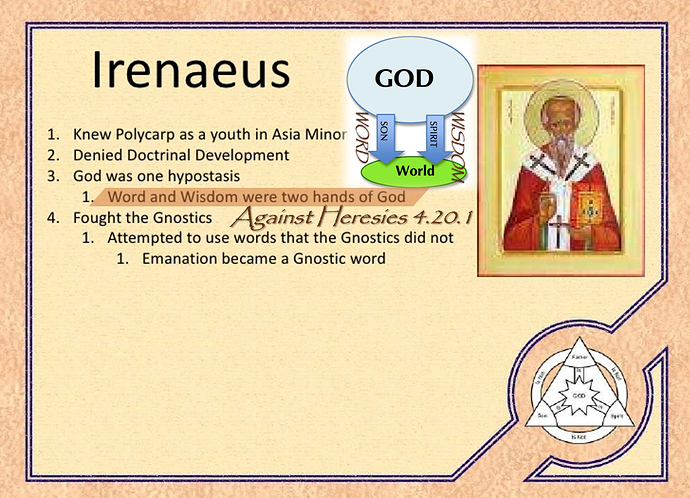@mitchellmckain, you imply that God is arbitrary and is not interested in revealing the truth to humanity. It reminds me of the serpent who told Eve that YHWH was withholding the truth from her and her husband.
On the other hand Genesis says that God created humans, male and female, in the Image of God. Also Jesus Christ “is the Image of the invisible God.” Col. 1:10 Thus the Bible says that God reveals Godself to be like humans (a little lower than God, Ps 8:5)
Okay, then the question is: Does God choose to limit Godself sometimes and not other times, or does God “limit” Godself always to being just and loving? YHWH also defined Godself by saying I AM WHO I AM. God does not change. God does not lie.
God did not have to create the universe, but God did. God did not have top create humans with all the problems that we create, but God did. God did not have to send Jesus Christ the Second Person of the Trinity to save humanity, but God did. God made decisions which revealed God’s Trinitarian character and God’s full loving nature. God does not withhold God’s Truth, God pours our God’s Truth through the Logos.
Perhaps you are confused by the fact that there are two basic models of the Trinity, the Eastern model called the Monarchian Model. and the Western model called the Egalitarian, which is based on Augustine who wrote the great book, De Trinitate or on the Trinity.
Superficially there is no big difference and both are considered acceptable in terms of doctrine. The Eastern model starts with the Father Who begets the Son. The Father also processes the Holy Spirit.
The Western model also has the Father begetting the Son, but has the procession of the Spirit coming from both the Father and the Son. The difference was one word in the Latin, “filioque,” the Spirit processed from the Father and the Son.
By making the procession of the Holy Spirit a cooperative venture of the Son and the Father it places them in an equal plane. The Eastern model gives all the power to the Father, while the West maintains the equality of the Three Persons
It is generally accepted the Monarchical model is the basis of the subjugation of Church to State in the East. I would say that the Egalitarian model is the basis of Separation of Church and State in the West.
Evangelicals are trying to justify the subordination of State to Church adopting a legalistic Jewish theology and taking the role of the Pharisees
